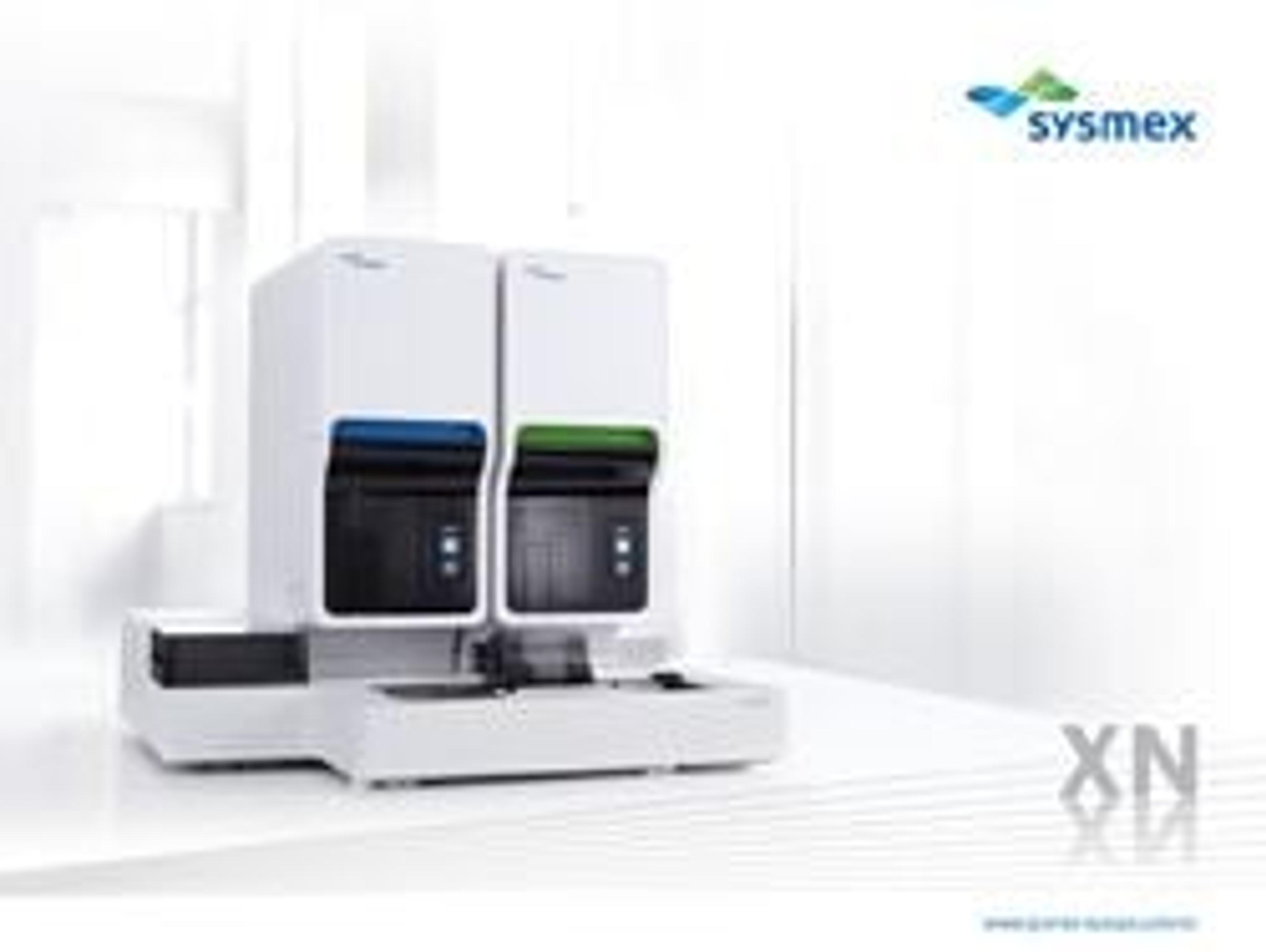The value of routine diagnostic parameters in supporting COVID-19 disease management
Guest editorial: Learn how clinicians can utilize diagnostic information to make decisions when examining suspected SARS-CoV-2 patients
8 Jun 2021

Identification of COVID-19-positive patients upon hospital admission usually relies on RT-PCR tests, however, clinicians can utilize diagnostic information to make decisions during the first examination of a patient as well.
In this guest editorial from Sysmex, learn how this information can be combined with other indicative tests to provide an informed initial evaluation.
The importance of risk stratification
Assessing patients’ risk factors and categories can support planning, developing, and implementing a more personalized care plan. By providing a risk status for patients, the right level of care can be identified for distinct groups of patients with similar care needs. This can have the effect of efficient, targeted resource planning and improving overall health outcomes1.
The value of parameters and prognostic scores
A prognostic score to indicate early the need for ICU care and thus support patient management has been developed by clinical scientists and based on parameters from Sysmex XN-Series hematology analyzer. Parameters reflecting patients’ immune cell activation such as antibody synthesizing lymphocytes (AS-LYMP) are used, thus the score characterizes the strength of immune response towards the infection. Based on parameter values measured within the first three days after presentation, the score is potentially able to predict the clinical severity of the infection within a two-week timeframe. Thus, the score may have the potential to differentiate between patients who will recover without ventilation or deteriorate during this timeframe, or those who will need intensive care or have a fatal outcome. All parameters are generated from a Sysmex XN complete blood count (CBC) with differential. Since Sysmex hematology analyzers are widely available in the European market, this makes this common and baseline test accessible to many people2.
What are early indicators for a severe course of SARS-CoV-2 infection?
The infection course among patients is highly variable, but several laboratory parameters have been associated with severe and/or critical disease. An initial evaluation can be performed from the results of a CBC. In patients who test positive for COVID-19, white blood cells along with the main subpopulations (neutrophils, lymphocytes, and monocytes) are reduced, whereas hematological parameters that explore the activation status of cell populations, such as high-fluorescent lymphocytes (HFL) are elevated.
Patients with severe disease showed a significantly lower platelet count, a shorter activated partial thromboplastin time (APTT), but higher D-dimer levels, higher fibrin degradation product (FDP) levels, higher fibrinogen levels, and a prolonged prothrombin time. In addition, lymphopenia, neutrophilia, increased white blood cell and neutrophil counts with concurrent lymphocytopenia, and thrombocytopenia may be prognosticators upon hospital admission.
However, it is still challenging for a single parameter to assess disease severity with high accuracy due to strong individual variation and rapid change over time. Visit Sysmex's COVID-19 site, which provides detailed information on all parameters where Sysmex products are able to give insights on disease progression and management.
Do you use Sysmex products in your lab? Write a review today for your chance to win a $400 Amazon Gift Card>>
References
National Association of Community Health Centers. Value Transformation Framework Action Guide (2019). NACHC >>
Linssen J, Ermens A, Berrevoets M, et al. A novel haemocytometric COVID-19 prognostic score developed and validated in an observational multicentre European hospital-based study. eLife. 2020 Nov 26. eLife >>

